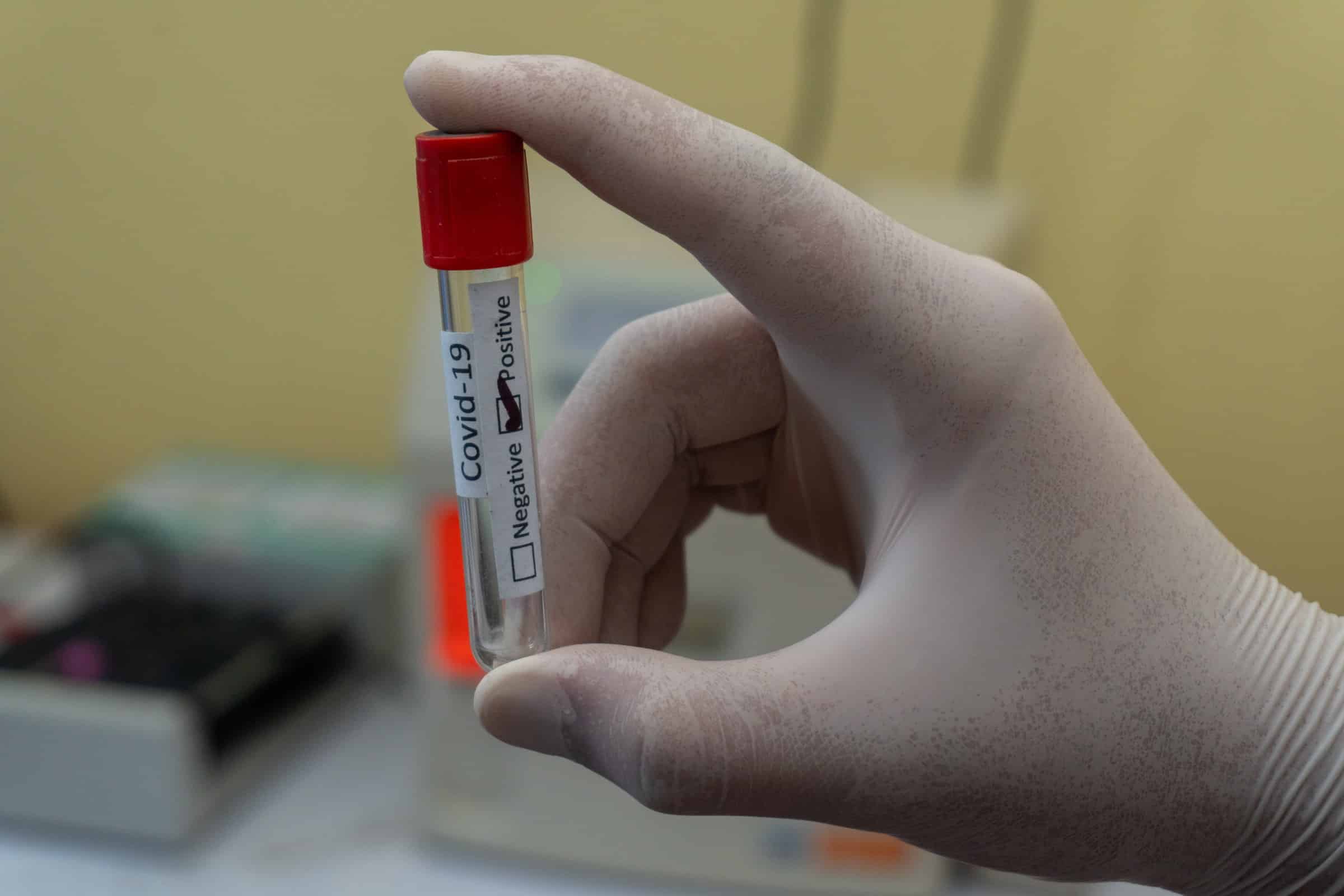COVID19
Scientists raise concerns about Lambda variant being potentially resistant to COVID-19 vaccines
Scientists believe that Lambda variant, which was first detected in Peru about a year ago, mutations could potentially be resistant to COVID-19 vaccines. The WHO said the variant’s mutations could increase its transmissibility or increase its resistance to neutralizing antibodies. The Lambda variant (C.37) is now officially a “variant of interest”.
Jairo Mendez-Rico, WHO virologist, told DW that so far they have seen no indication that lambda variant is more aggressive. “It is possible that it may exhibit higher infection rates, but we don’t yet have enough reliable data to compare it to gamma or delta.” He said that as a SARS-CoV-2 evolves it may start to become more transmissible – but not as deadly.
In June, Public Health England (PHE) declared the lambda as “variant under investigation” based on a number of mutations to the spike protein which enables the virus to attach to human cells. Scientists are mainly concerned about its “potential increased transmissibility or possible increased resistance to neutralizing antibodies”. Basically, it means that it could spread faster and be more resistant to vaccines or antibody treatments. But the PHE said there is no evidence that this variant causes more severe disease or renders the COVID-19 vaccines currently deployed any less effective.
Also Read: Shashi Tharoor slams Centre over glitches in new Income Tax portal
A new study based on tests on samples from healthcare workers in Chile suggests that the lambda variant is more infectious than both the Alpha (UK) and the Gamma (Brazil) variants; however, this study has not been reviewed by other scientists. The study stated that this variant has a higher immune escape compared to the alpha and gamma, in relation to antibodies produced in patients who have received China’s CoronaVac (Sinovac) vaccine.
Lambda has seven unique spike protein mutations. It has a mutation called L452Q, which is similar to the L452R mutation seen in the delta and epsilon variants. As the L452R is thought to make delta and epsilon more infectious and resilient against vaccination, the team concluded that lambda’s L452Q mutation might also help it spread far and wide.










































Pingback: TVS Motor expects a swift recovery in the market after second COVID-19.